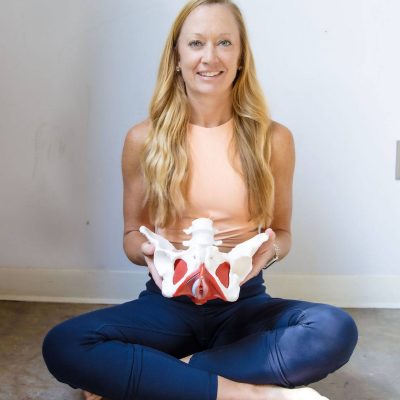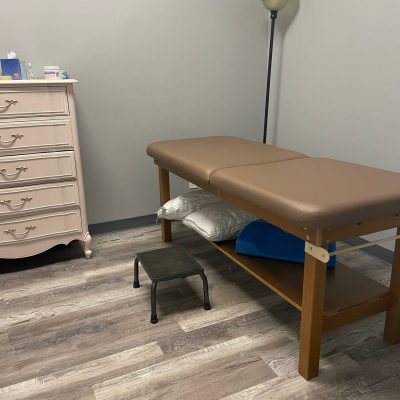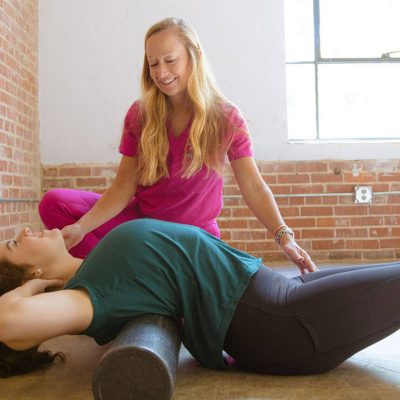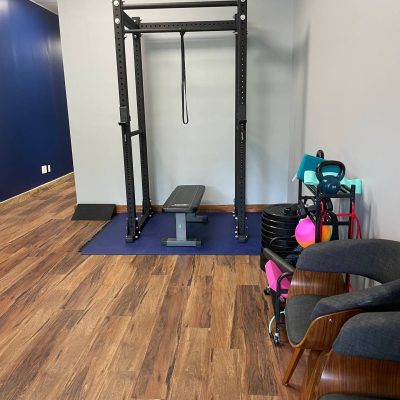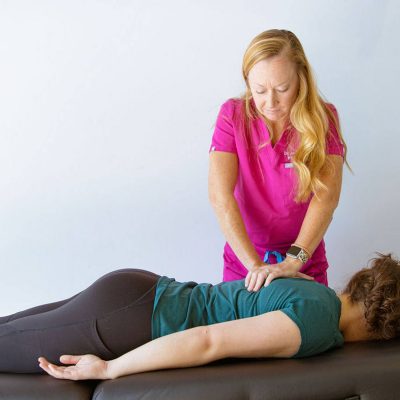Bedwetting- When is it a problem?
The occasional accident is a normal part of childhood, however for some children constant bedwetting may be a sign of an underlying pelvic floor issue. Children with toileting issues will start to feel the effects in their self confidence and ability to participate in social activities. It is a problem when accidents are interfering with a child’s quality of sleep, self-image, or confidence.
Signs and Symptoms of Pediatric Pelvic Floor Dysfunction:
- Leaks urine or bowel with laughter (giggle incontinence), coughing, or exercise (jumping on a trampoline, sprinting, etc.)
- Nighttime wetting that interferes with sleep, hygiene, or self image
- Frequent urination and frequent urge to urinate
- Chronic constipation or diarrhea
- Chronic urinary tract infection (UTI)
- Daytime wetting that interferes with school, social engagement, or self image
- Inability to fully void urine or evacuate bowel on the toilet
Common Causes of Pediatric Incontinence or Pelvic Floor Dysfunction
- Constipation – A backed up bowel can put extra pressure on the bladder and reduce its carrying capacity- causing leakage, especially at night.
- Bladder or urinary tract infection (UTI) can cause guarding in the pelvic floor muscles, causing dysfunctional voiding.
- Diet – ingesting too many bladder irritants: soda, citrus, tomatoes, chocolate, dairy, carbonated drinks, and other irritants can contribute to leakage.
- Drinking too much fluid before bed – overwhelms the bladder and causes strong urgency and/or leakage
- Dehydration – causes toileting issues, it contributes to constipation since dehydration will cause urine to be really concentrated, which will irritate the bladder and contribute to urgency and leakage.
- “Holding it in” – Holding in the urine or bowel may cause voiding issues and bedwetting In children. This can occur in kids who don’t like going to the bathroom in public, i.e. at school.
- Ignoring body signals- some kids will ignore body signals because they are distracted by play or other distractions.
How can pelvic floor therapy help?
Pelvic floor physical therapy is a great option for kids with toileting issues, because treatments pose a low risk of side effects and treatment can be very effective. With physical therapy we can focus on the pelvic floor muscles and provide appropriate exercises and education to help decrease your child’s bedwetting.
Identifying behaviors: the child and parent will complete a voiding diary that tracks diet and toileting habits for a few days. With the help of the therapist, the child and parent will start to see patterns of behavior and dietary factors that may be making the problem worse.
Education: educating the child and parent in the bowel and bladder, listening to body signals, positioning, and hygiene.
Bowel management: The therapist will teach the child and parent about hydration, dietary factors, proper toileting positioning, and proper pushing technique to relieve constipation which may be contributing to pelvic floor dysfunction.
Interested in Pelvic Floor Therapy? We see men, women, and kids of all ages in the Birmingham, AL, region. Our clinic is located in Hoover, AL, near the Galleria. Contact us to schedule!

